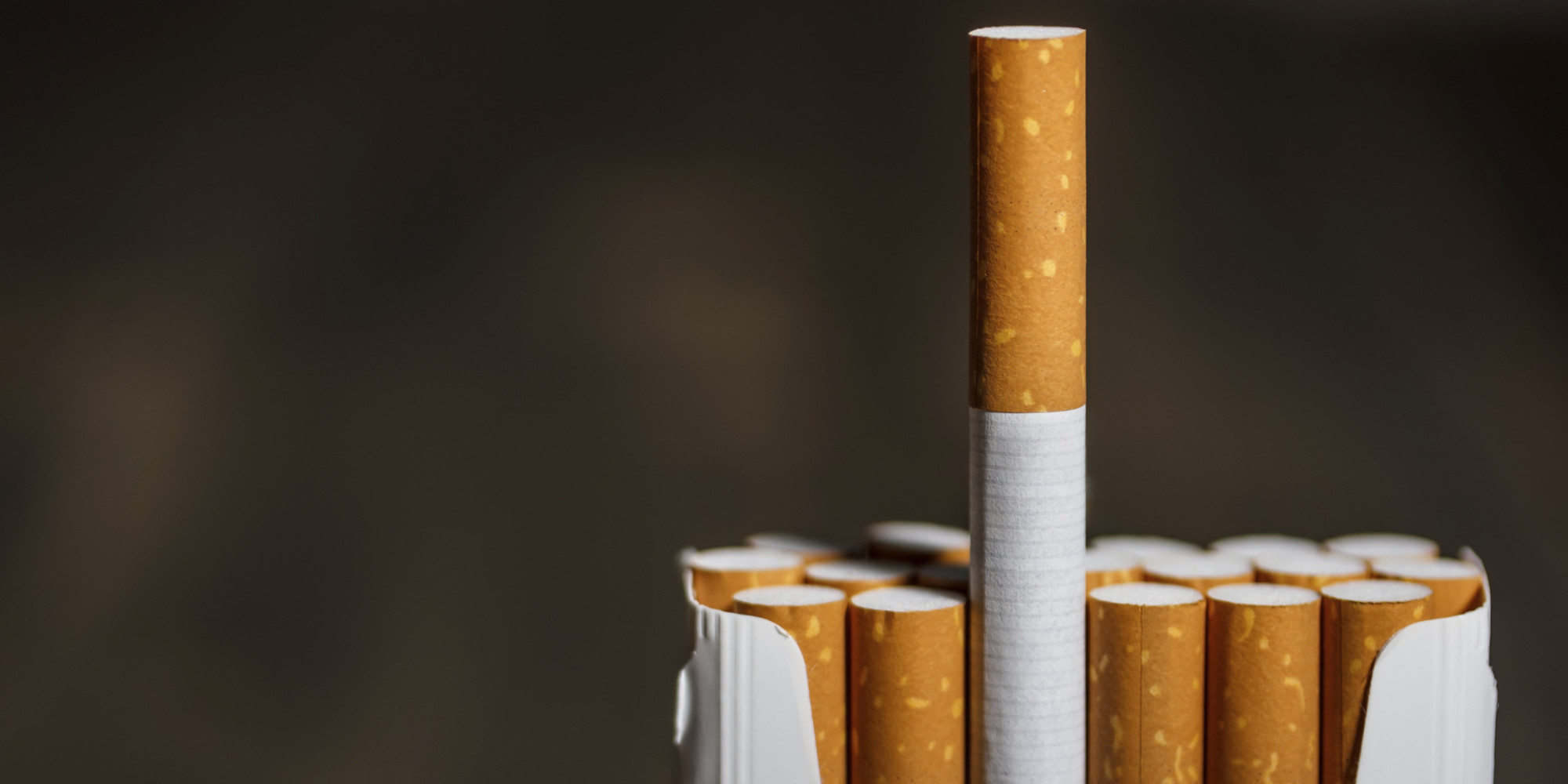Will Biden Incinerate Nicotine?

The Biden administration thinks of a law to reduce nicotine in cigarettes. The deepening of the Wall Street Journal
The Biden administration is considering requiring tobacco companies to lower the nicotine in all cigarettes sold in the United States to levels that are no longer addictive, according to people familiar with the matter, the WSJ reports.
Administration officials are considering the issue as they approach the deadline for declaring the administration's intentions on another tobacco issue: whether or not to ban menthol cigarettes.
The Food and Drug Administration must respond in court by April 29 to a citizen petition to ban menthol, revealing whether the agency intends to pursue such a policy. The Biden administration is considering whether to move forward with a ban on menthol or a reduction in nicotine in all cigarettes – or both, people familiar with the matter said.
The White House and the FDA did not immediately comment on Monday.
The nicotine reduction policy under consideration would lower the chemical in cigarettes to non-addictive or minimal levels, with the goal of prompting millions of smokers to quit or switch to less harmful alternatives such as nicotine gum, pills or cigarettes. electronic. A ban on menthol, meanwhile, would aim to curb smoking initiation among young people, many of whom start with menthol. Both policies would take years to implement and would likely face legal challenges.
Scott Gottlieb, FDA commissioner under the Trump administration, has pursued both a ban on menthol and a reduction in nicotine in cigarettes as part of a broader tobacco policy he proposed in 2017. But after leaving the agency in 2019 , both plans have been shelved.
New Zealand last week proposed drastically reducing nicotine levels in cigarettes and raising the legal smoking age as part of a broader policy to end smoking.
Nicotine by itself does not cause cancer, heart or lung disease, according to the FDA. But it does hook people to cigarettes, which are linked to 480,000 deaths in the United States each year.
Shares of the Marlboro maker fell more than 6% on Monday afternoon on news of the Biden administration's deliberations.
“Any action that the FDA takes must be based on science and evidence and must consider the real consequences of those actions, including the growth of an illicit market and the impact on hundreds of thousands of jobs from farm to local stores in across the country, ”a spokesperson for Marlboro said.
A spokesperson for Reynolds American Inc., which makes Camel and Newport cigarettes, said Monday that the scientific case for nicotine reduction is inconclusive and that "there are better tools to improve public health."
Research funded by the FDA and the National Institutes of Health showed that when nicotine was nearly eliminated from cigarettes, smokers were more likely to quit or seek a dose of nicotine from less harmful alternatives such as e-cigarettes or gum than smokers who continued to use cigarettes with normal nicotine levels.
Lowering nicotine in cigarettes has been a topic of discussion within the FDA since the 1990s. It can be done in a number of ways, such as genetically modifying tobacco plants or removing nicotine from the leaf in the manufacturing process. In 2009, the Tobacco Control Act authorized the FDA to enforce such a change, stipulating that the policy is based on scientific evidence.
A ban on menthol has similarly been in the sights of the FDA for years.
The Tobacco Control Act banned the flavorings of candy, fruit and spices in cigarettes due to their potential appeal to children, but left the menthol issue pending. The 2009 law said the FDA could only ban menthol if it could prove that a ban was a net benefit to public health, taking into account the potential unintended consequences such as an illicit market. The agency has been working to overcome this obstacle ever since.
The FDA concluded in 2013 that mentholates are harder to quit and likely pose a greater health risk than regular cigarettes. The agency said cigarette use was likely associated with an increase in smoking initiation by youth and young adults.
Menthol, a compound found naturally in mint plants, has been added to cigarettes since the 1920s. It provides a cooling sensation in the mouth and throat. Health officials said it alleviates throat irritation caused by cigarette smoking, making menthol more attractive to young people and those who have never smoked.
The tobacco industry has rejected the FDA's findings on menthol. Menthol accounts for about one-third of the 226 billion cigarettes sold in the country annually and are popular with teenage and African-American smokers, according to federal data.
(Extract from the press review of Epr )
This is a machine translation from Italian language of a post published on Start Magazine at the URL https://www.startmag.it/mondo/joe-biden-nicotina-sigarette/ on Sat, 24 Apr 2021 06:00:57 +0000.
